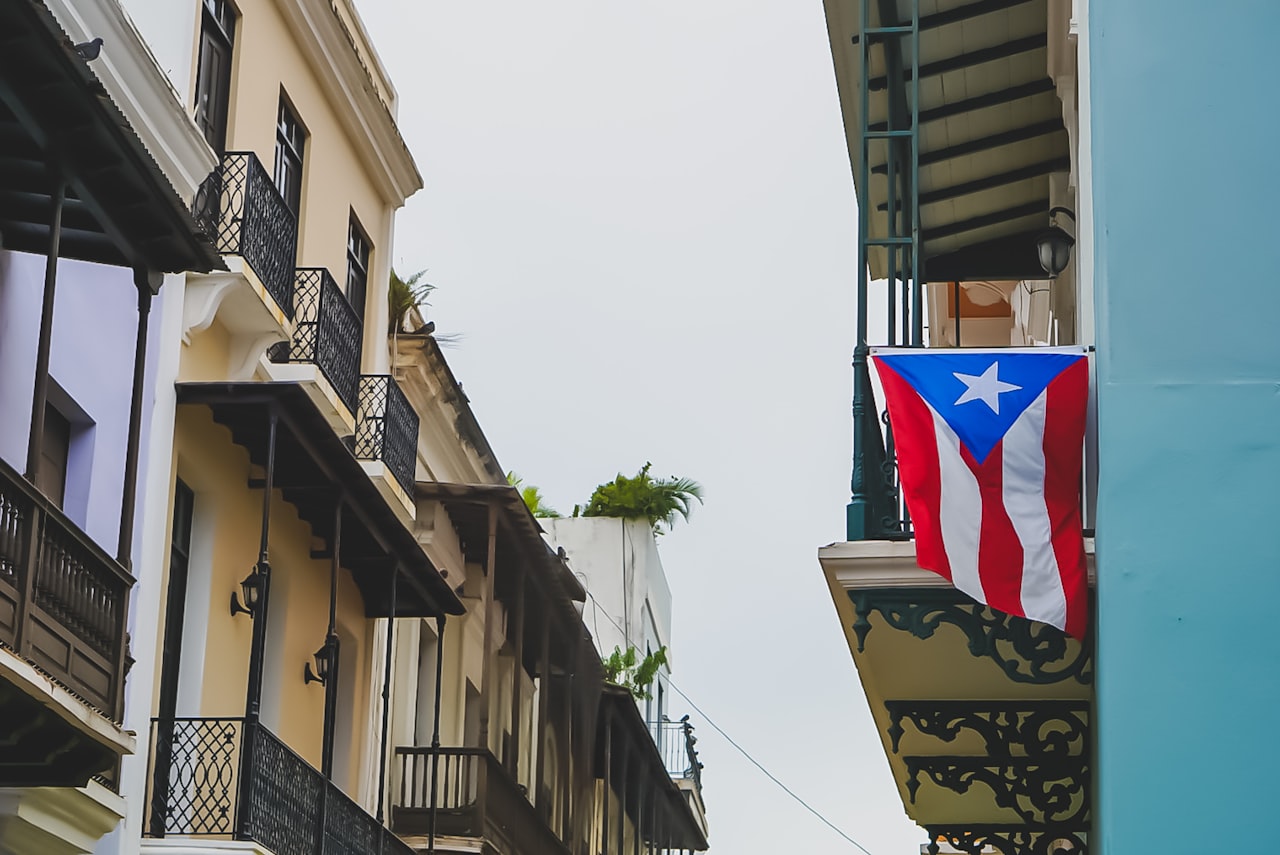Section 933 of the U.S. Internal Revenue Code of 1986, as amended (the “US Code”) provides that income derived from sources within Puerto Rico by an individual who is a bona fide resident of Puerto Rico during the entire taxable year is not included in gross income and is exempt from federal income taxation under the US Code (the “Section 933 Exclusion”). An individual is treated as a bona fide resident of Puerto Rico under Section 933 if the person (1) meets a physical presence test; (2) does not have a tax home outside of Puerto Rico during the taxable year; and (3) does not have a closer connection to the United States or a foreign country than to Puerto Rico.
Under Chapter 2 of Act 60, Individual Investors will enjoy 100% exemption from Puerto Rico income taxes on interest and dividend income during the period of exemption. Moreover, pursuant to the Section 933 Exclusion, interest and dividends received by an Individual Investor that qualify as Puerto Rico source income will not be subject to federal income tax under the US Code. Individual Investors who are U.S. citizens or resident aliens, however, will be subject to U.S. federal income tax on interest and dividends that do not qualify as Puerto Rico source income.
In certain circumstances, gains from the disposition of marketable securities, commodities, currency and digital assets based on blockchain technology (the “Assets”) acquired after the individua becomes a bona fide resident of Puerto Rico will not be subject to federal income tax if sold during the period of residency in Puerto Rico. Special rules apply for non-marketable Assets, and for marketable Assets acquired prior to the establishment of residence in Puerto Rico.







